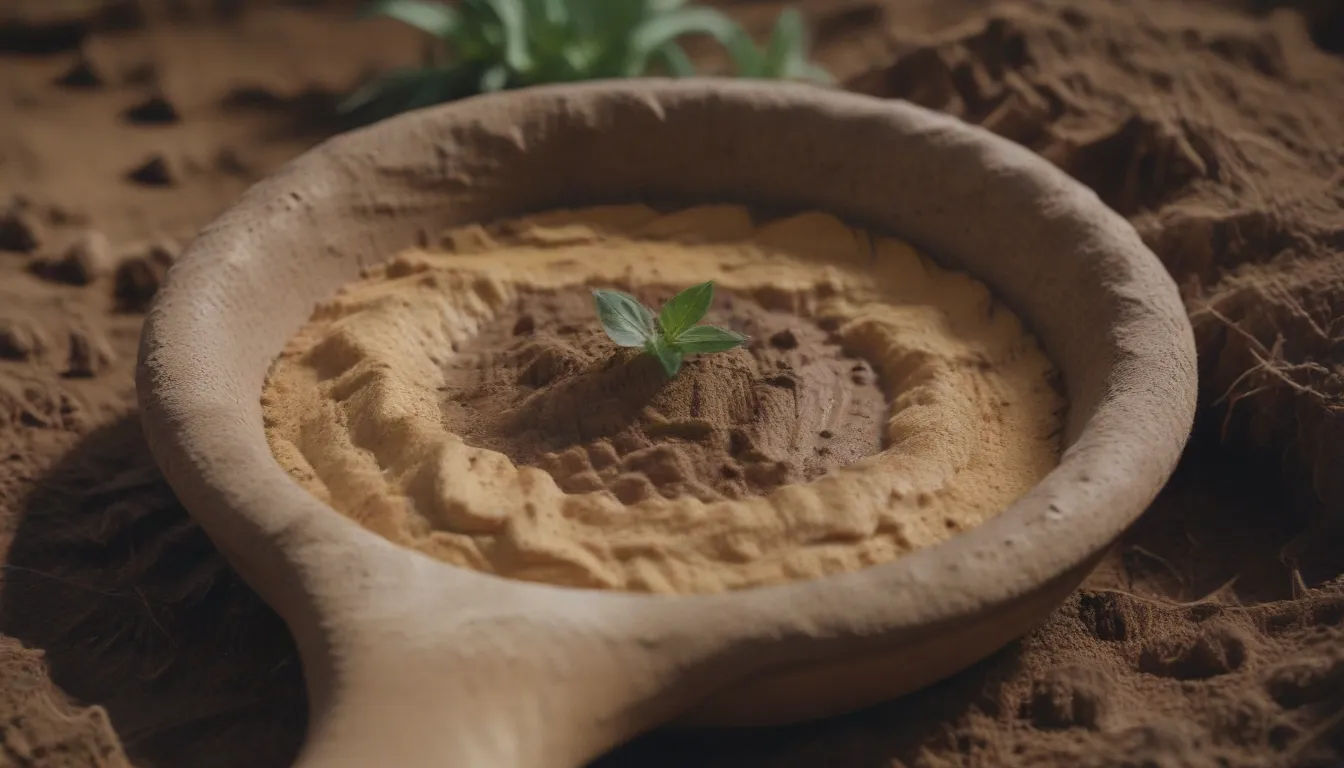The Importance of Humus in Soil: A Comprehensive Guide

When it comes to gardening and cultivating a lush green landscape, one term that is often tossed around is “humus.” But what exactly is humus, and why is it so important for optimal plant growth? In this in-depth article, we will dive into the world of humus, exploring how it is made, why it matters, and how you can incorporate it into your yard or garden effectively.
What is Humus?
Humus is the end product of organic matter decomposition, such as dead plants, insects, animals, leaves, and other debris. This rich, brown or black substance is chock full of essential nutrients that plants need to thrive. In simple terms, humus is what transforms barren soil into fertile ground where plants can flourish.
What is Leaf Litter?
Leaf litter refers to the leaves, twigs, and other debris that fall from trees, shrubs, and plants onto the ground. This organic matter decomposes over time to create humus, enriching the soil with nutrients vital for plant growth.
How is Humus Made?
Humus is created through a natural decomposition process orchestrated by earthworms, bacteria, fungi, and other microorganisms. These tiny creatures break down organic materials, turning them into a nutrient-rich substance that plants can absorb. While humus occurs naturally in wooded areas with abundant plant debris, yards and gardens often lack this vital component.
Natural Vs. Man-Made Humus
Humus can be formed naturally in deciduous forests or through human intervention like composting organic material. Composting involves creating the ideal environment with proper aeration, moisture, and heat to accelerate decomposition. The end result is a nutrient-rich humus that enhances soil fertility and supports plant growth.
Why Humus Matters
Humus plays a crucial role in soil health for several reasons:
- Provides essential nutrients for plant growth, including nitrogen, phosphorus, and potassium.
- Improves soil structure, allowing oxygen and water to reach plant roots.
- Enhances soil drainage and water retention, creating an ideal environment for plant growth.
However, maintaining the right balance of humus in the soil is essential, as depleting humus through plant growth, soil erosion, or yard maintenance can impact soil fertility. Regular replenishment of humus is necessary to ensure healthy and productive soil for your plants.
Humus Vs. Compost
Compost is a type of humus created through human intervention, while natural humus occurs in the soil from organic debris decomposition. Adding compost to soil is a great way to introduce humus, especially if natural sources are scarce. Balancing compost materials and ensuring proper decomposition are key to successful composting.
How to Use Humus in the Garden
While humus is vital for plant growth, it’s essential to use it correctly to avoid overloading the soil with nutrients. Here are some tips on incorporating humus effectively in your garden:
- Test your soil regularly to determine nutrient levels.
- Avoid adding large amounts of unbroken organic material that can deplete soil nitrogen temporarily.
- Understand the difference between humus, compost, and manure to make informed decisions about soil amendments.
By incorporating humus into your yard or garden, you can create an environment where plants thrive and soil quality improves over time.
In conclusion, understanding the role of humus in soil health is essential for every gardener. By harnessing the power of humus, you can create a vibrant and productive garden that sustains plant life for years to come. So, roll up your sleeves, get your hands dirty, and start enriching your soil with the magic of humus!





